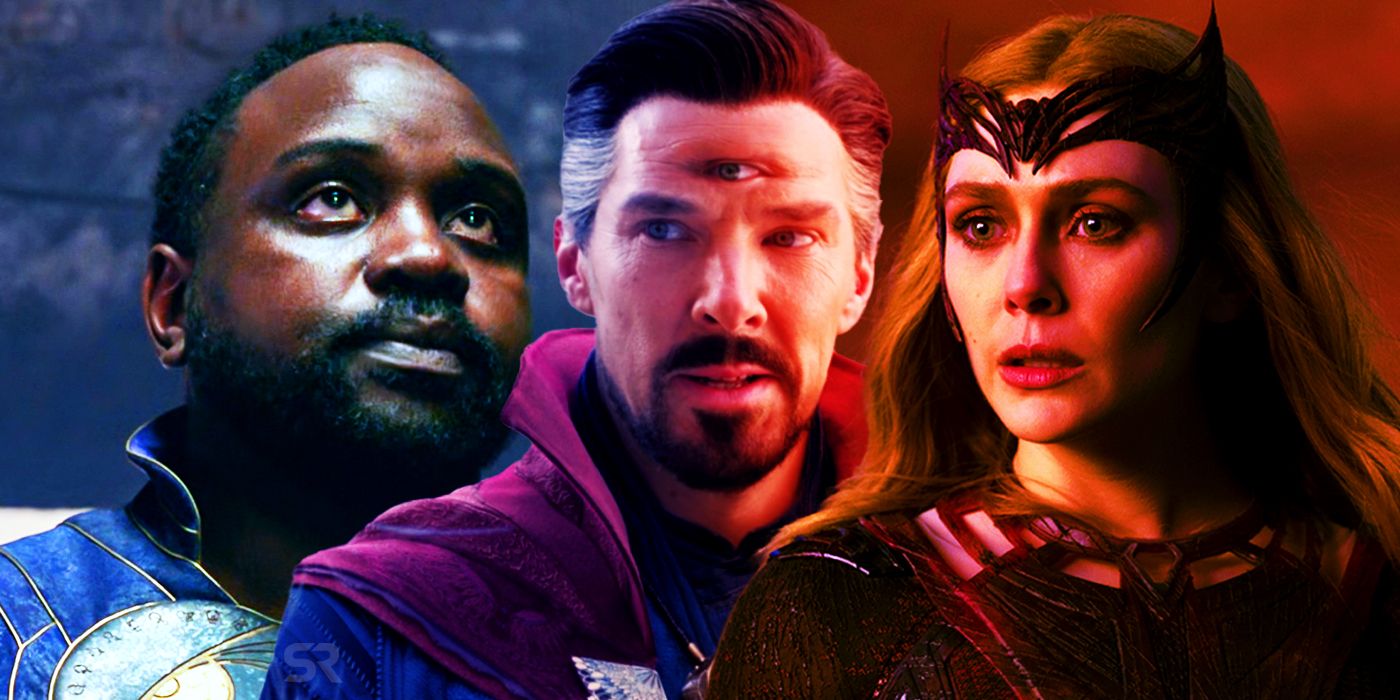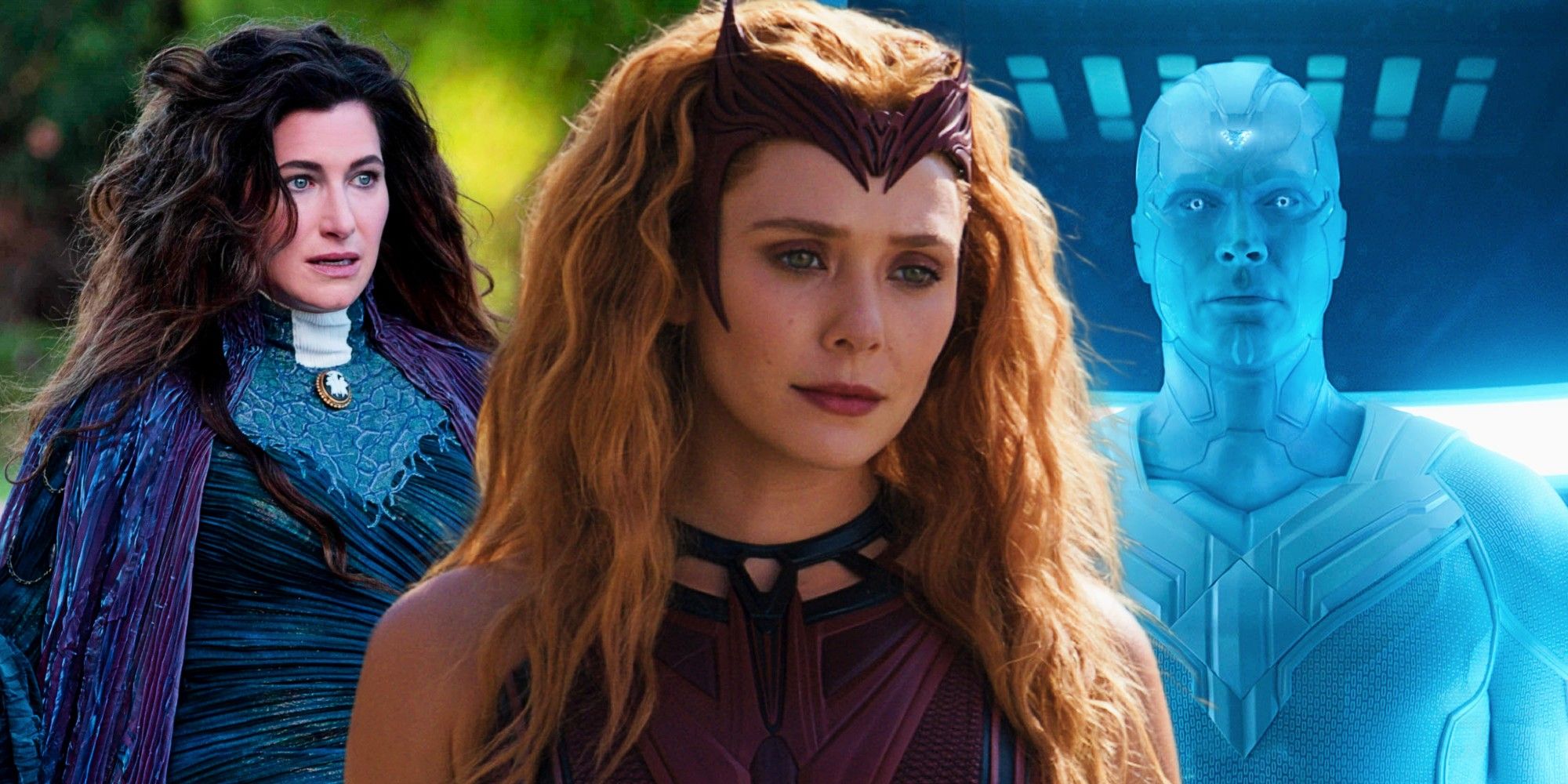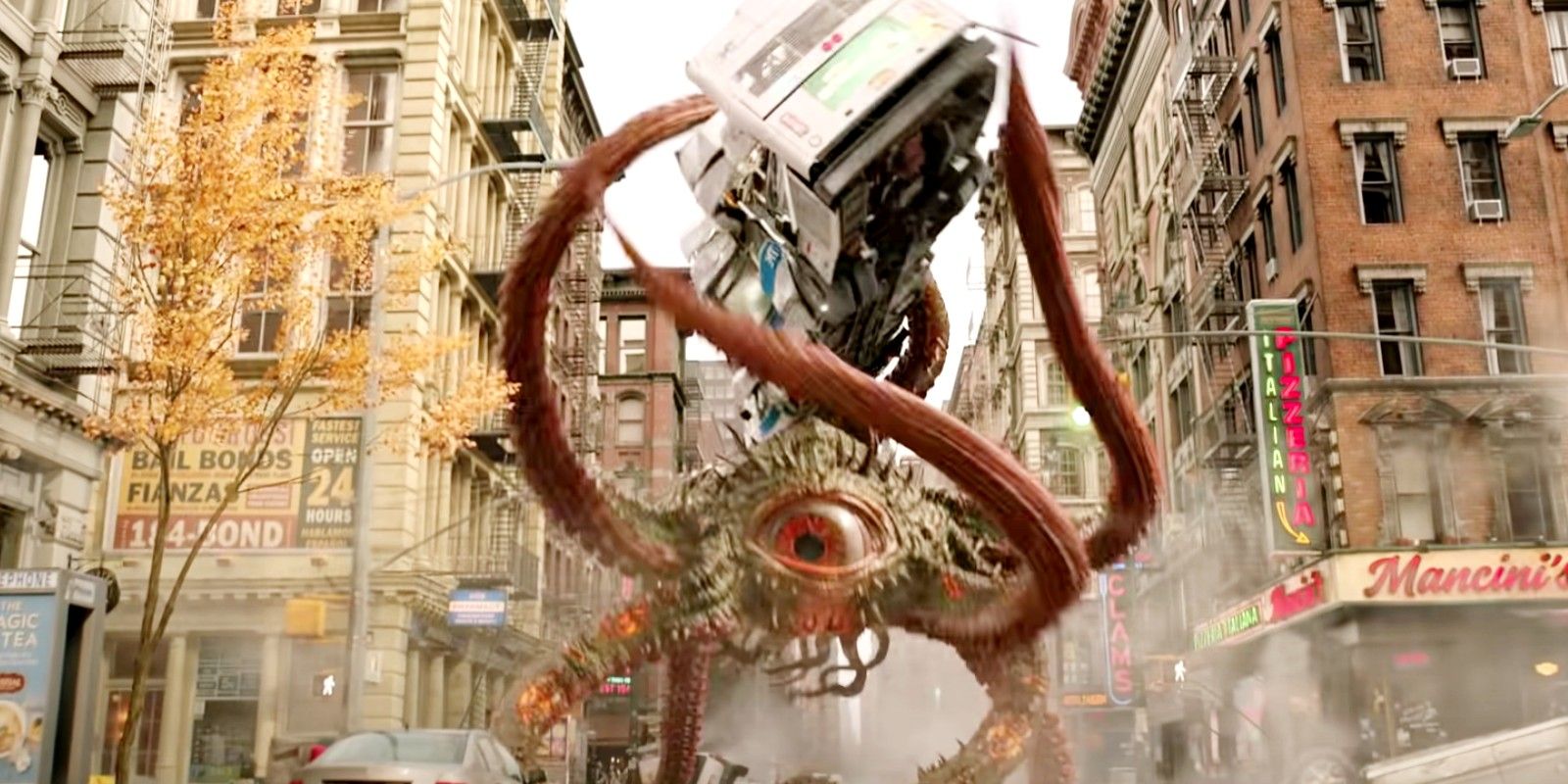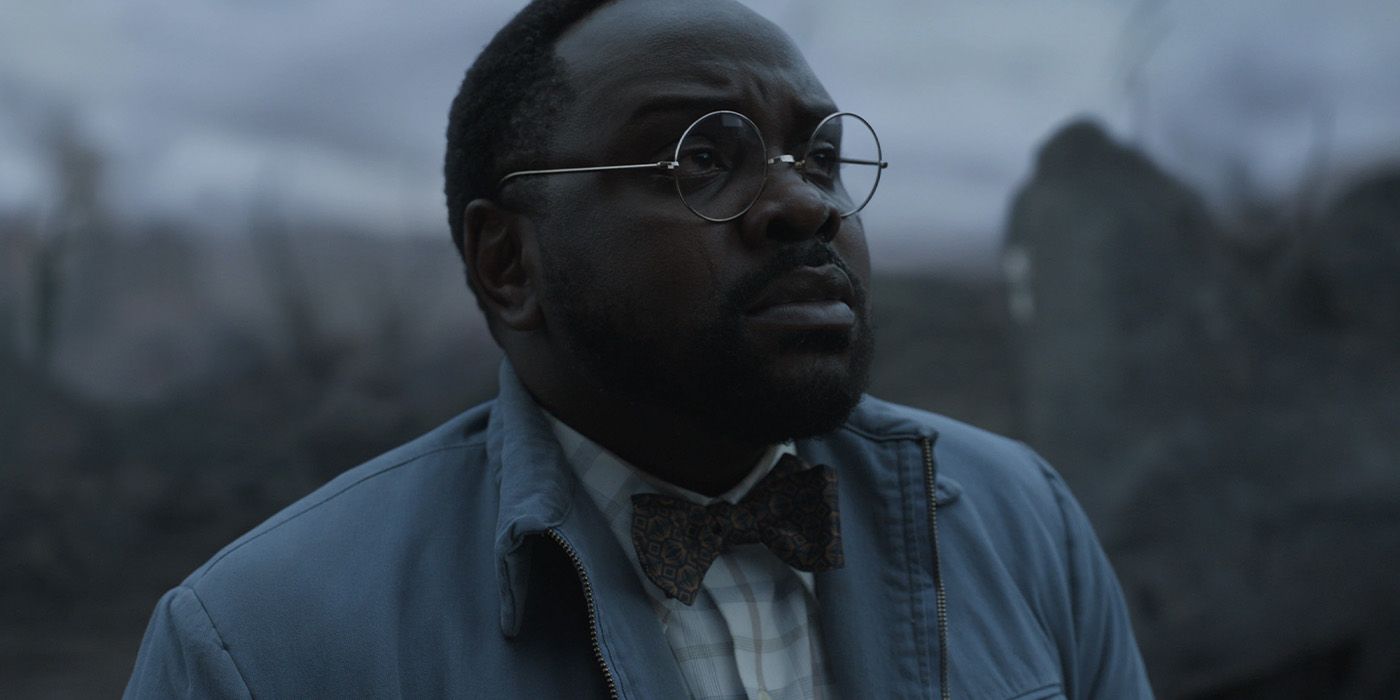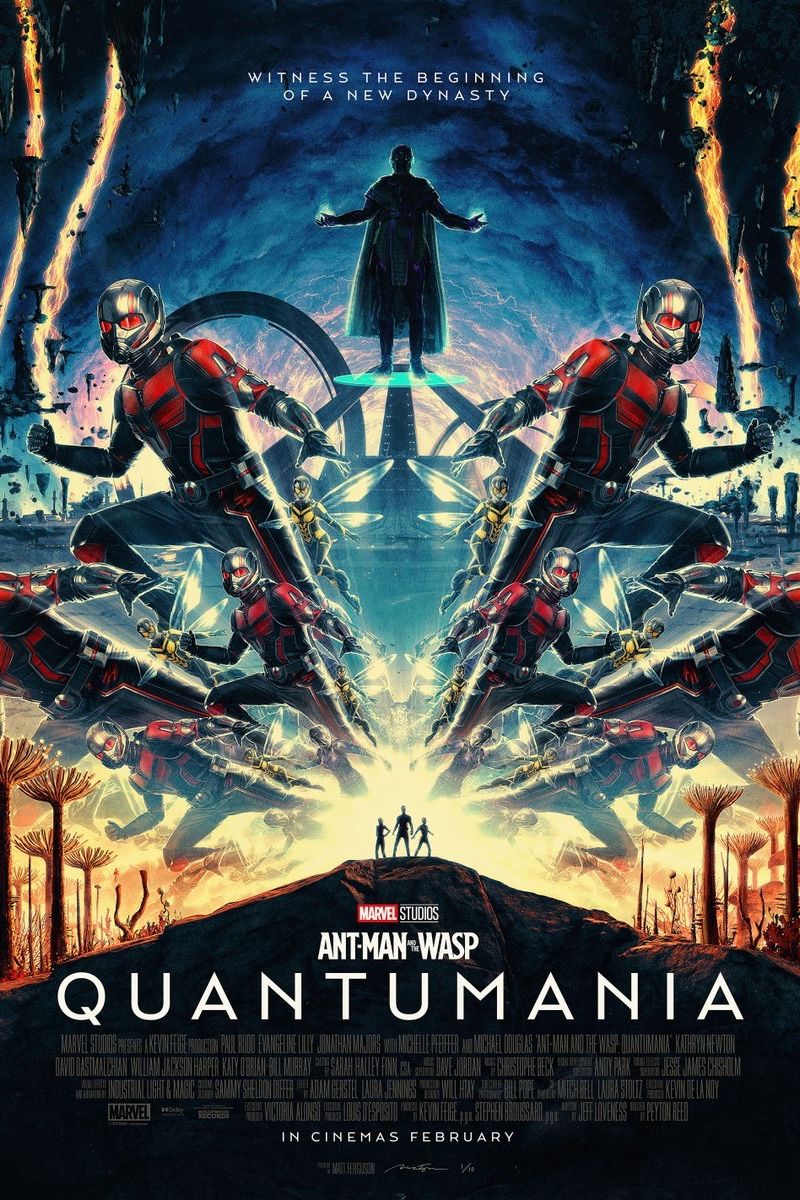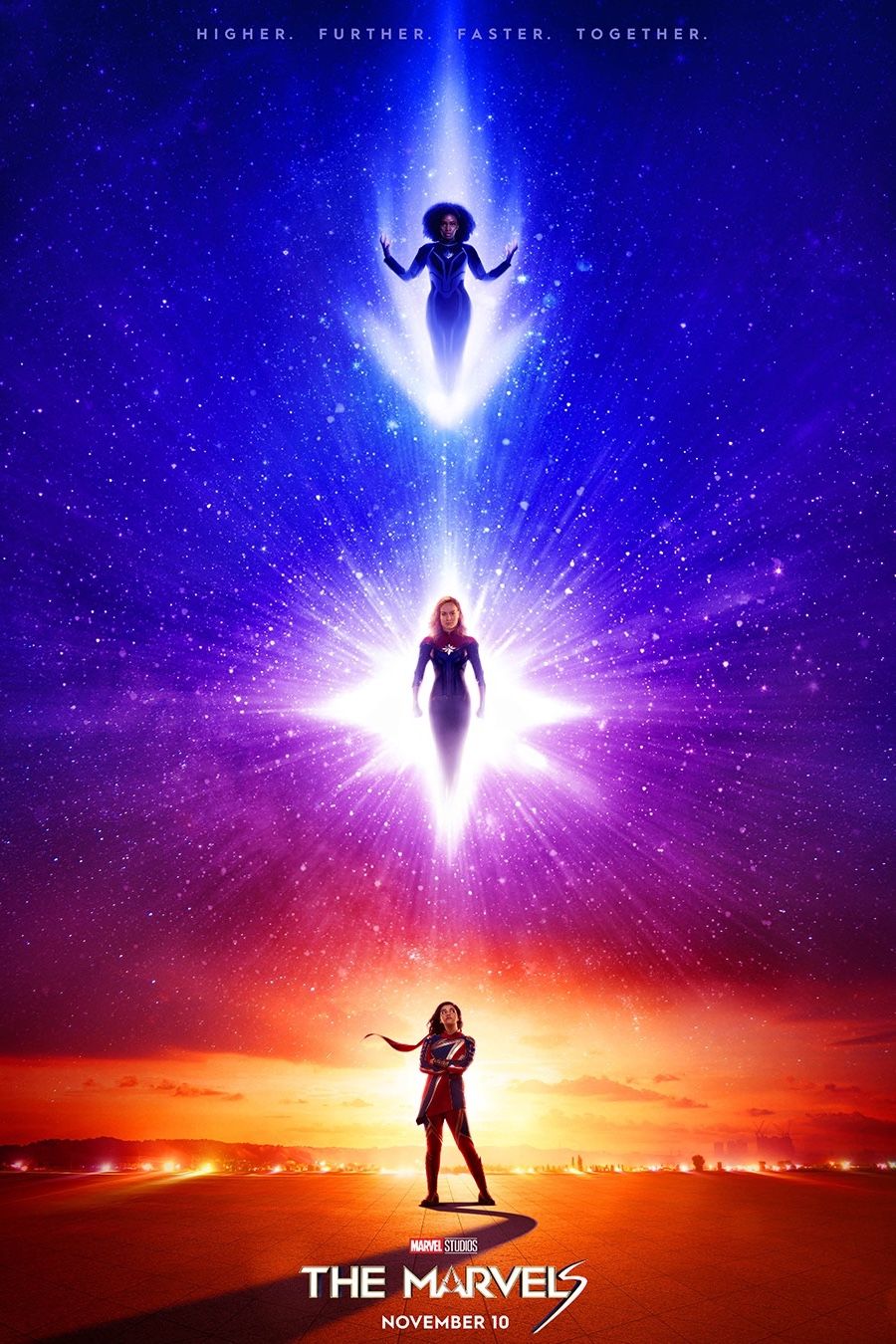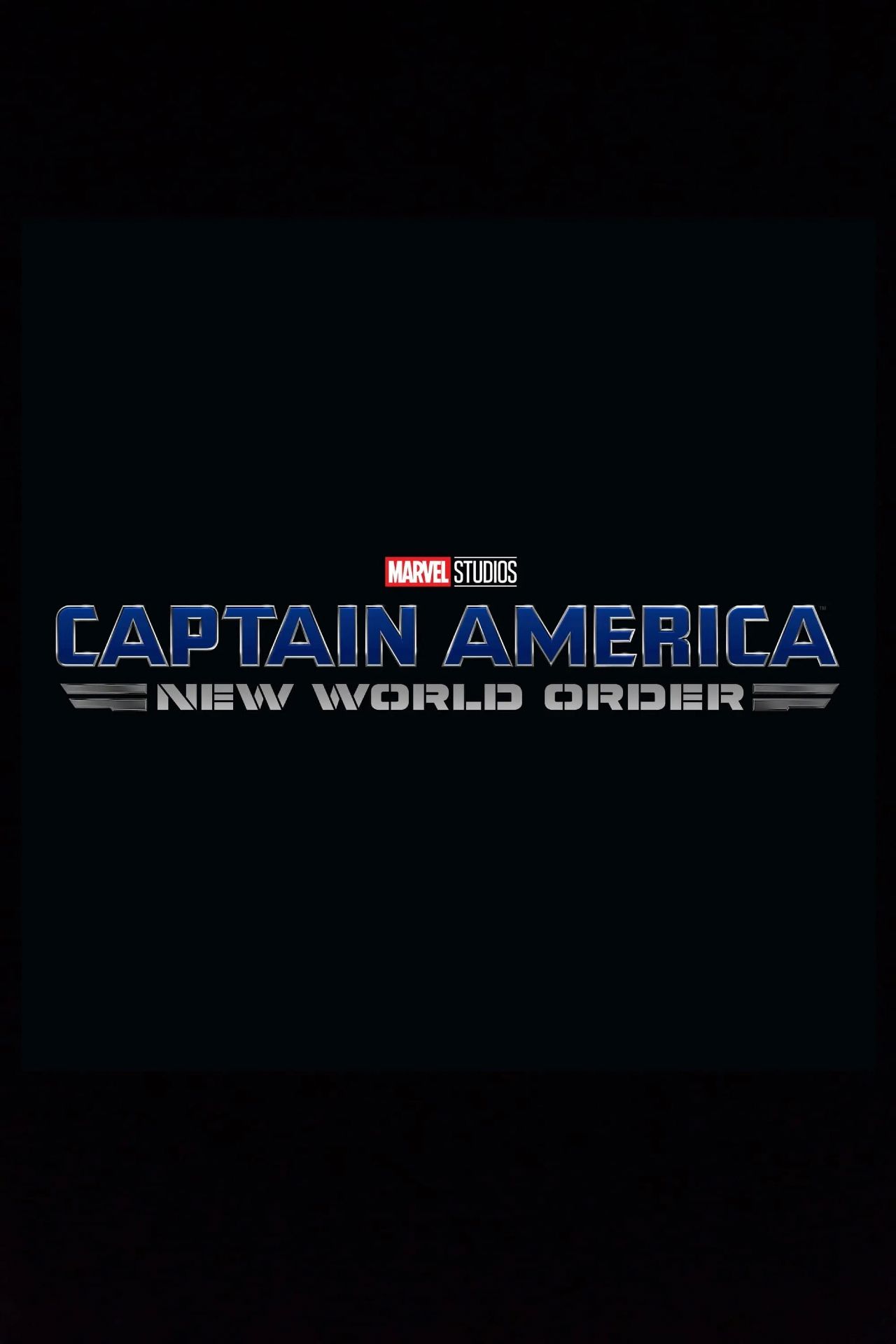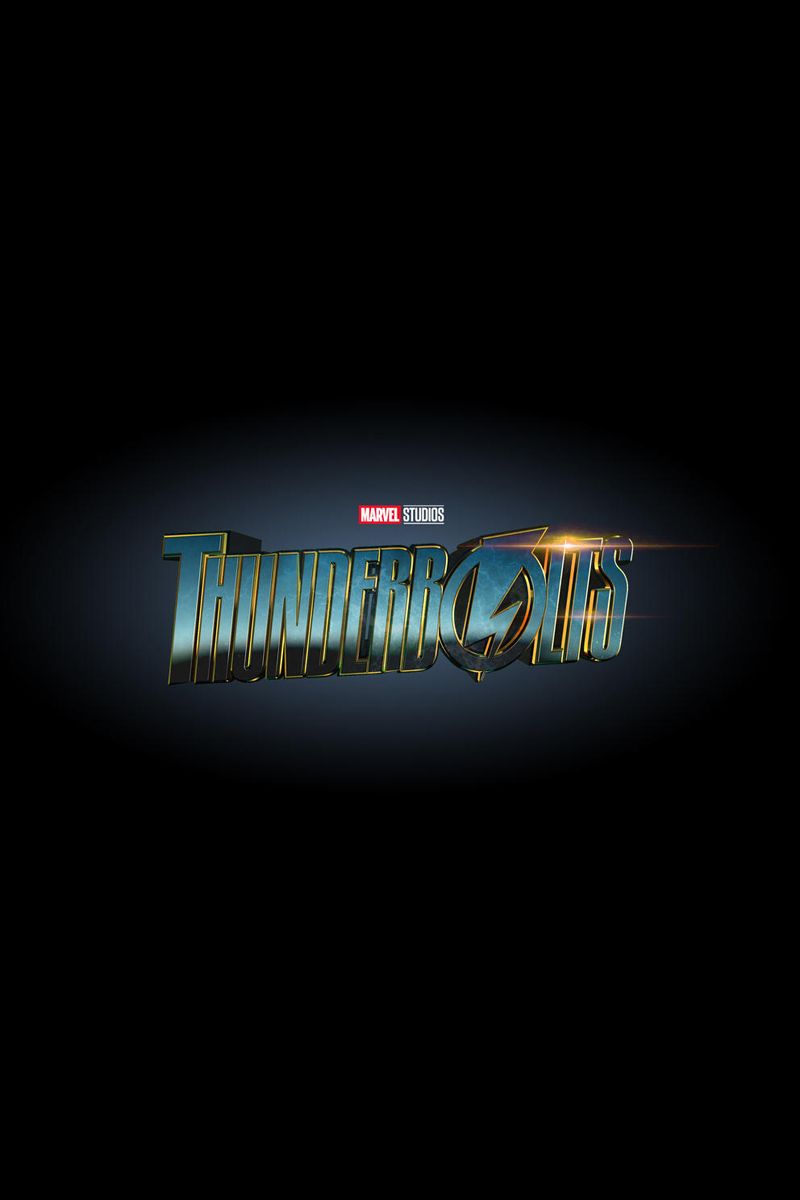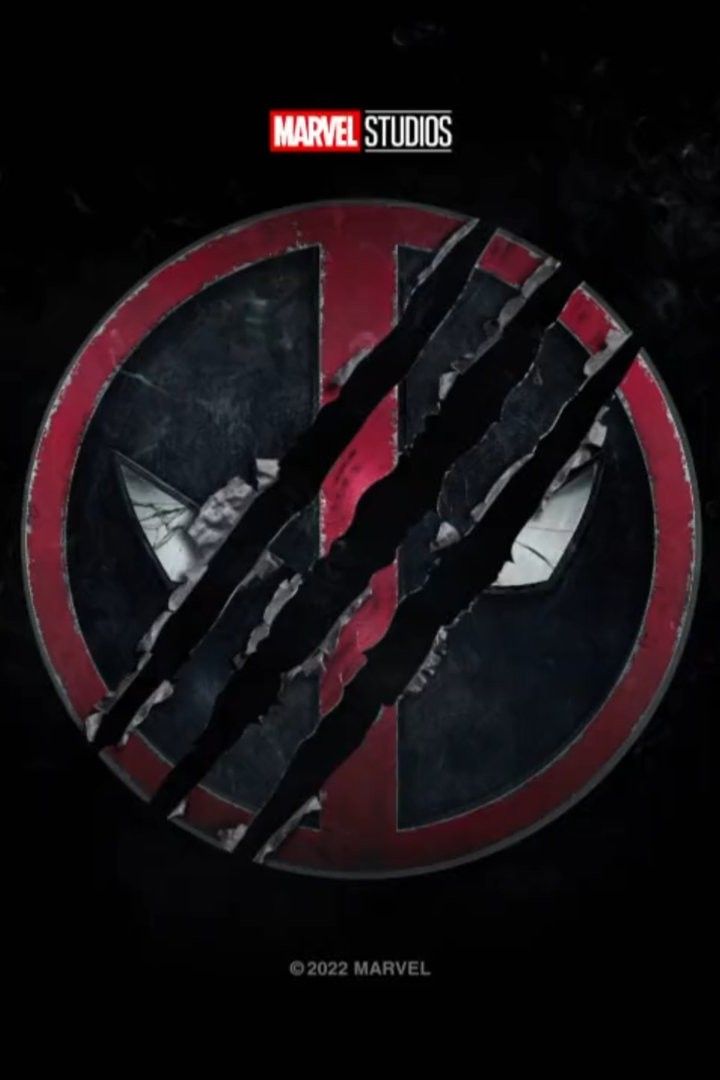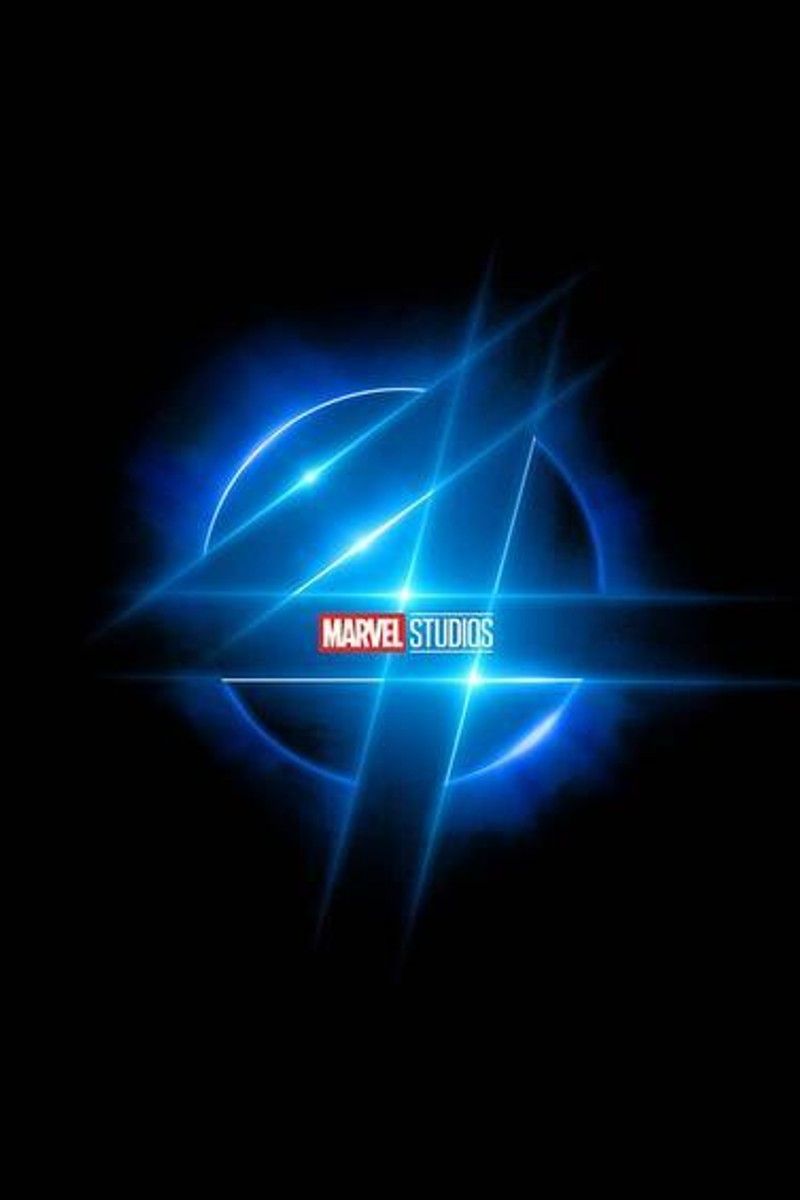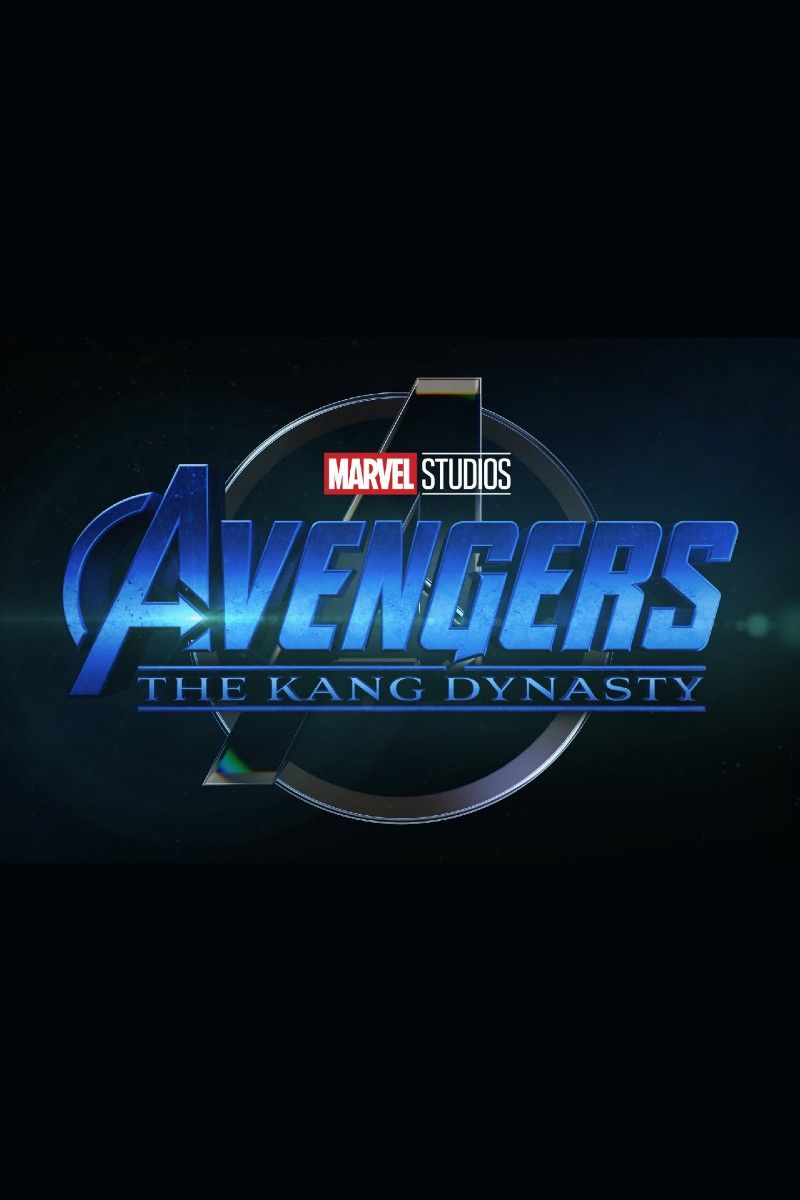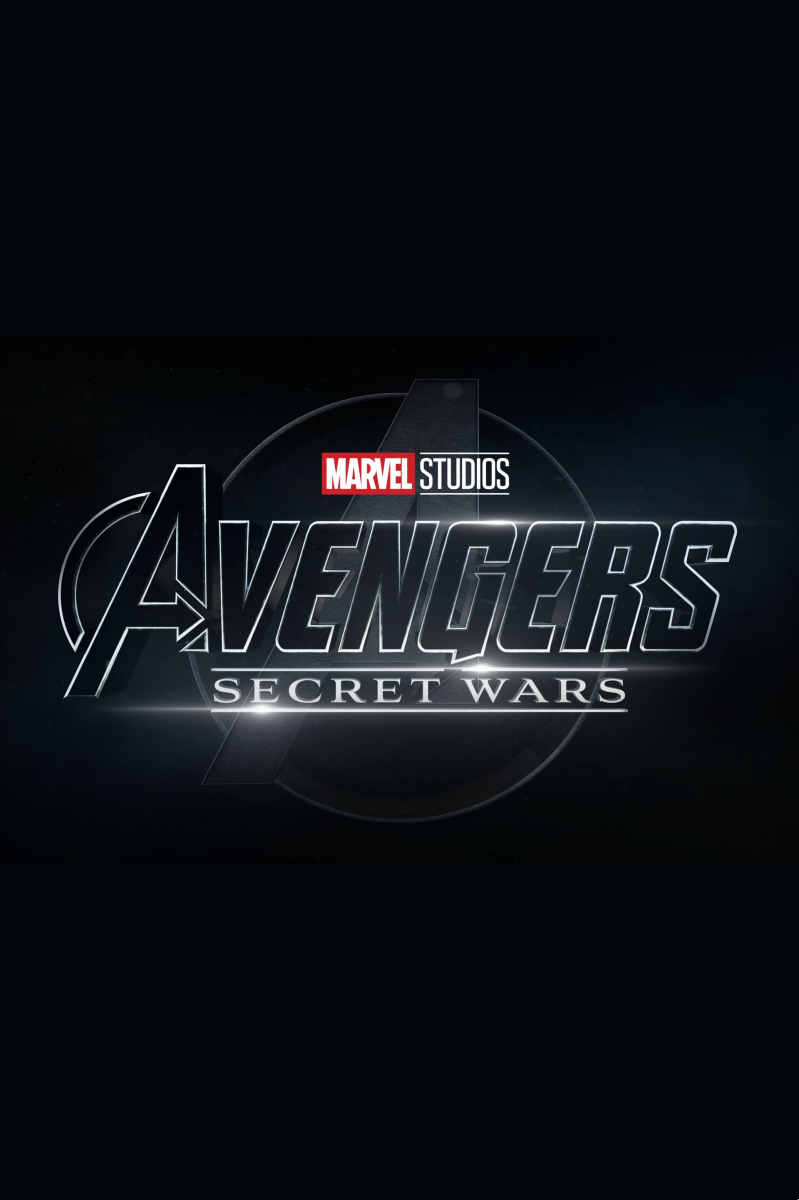The MCU's Phase 4 has improved the franchise, but unfortunately it didn't go far enough. The MCU's Phase 4 slate has had something of a mixed reception. It's actually the largest phase to date, in part because Marvel Studios has expanded to produce Disney+ TV shows and Special Presentations as well as movies. This scale has had an unfortunate effect, however, making it difficult to discern an overarching narrative and leading to a rather disjointed feeling.
It's easy to focus on the stumbles, though. In reality, the MCU's Phase 4 has been a solid attempt at expanding the shared universe, with Marvel Studios working to transform and reinvigorate their franchise. There have been qualified successes, things the MCU can be rightly proud of. Now, with the phase finally over, it's important to take stock of the MCU's Phase 4 slate and look at what went wrong - and, even more importantly, what went right and could still be improved.
The MCU's Expansion Into Disney+ Was Effective - But Needs A New Approach
The first wave of TV shows ostensibly set in the MCU were produced by Marvel Television, and the connections only ever went one way. Marvel Studios' new Disney+ TV shows are very different, however, tying in directly into the franchise's overarching narrative and featuring the kind of budget older series like Agents of SHIELD could only dream of. They got off to a great start with the popular and critically-acclaimed WandaVision, an unusual superhero sitcom that was praised for its experimental nature. It took too long for Marvel to learn from WandaVision's success, though, because the next few Disney+ TV shows felt rather more by-the-numbers. Worse still, the stories soon slipped into their own formulas, with (often predictable) villain twists.
The core problem is that Marvel has essentially treated their shows like six-hour movies, producing them in exactly the same way they would a film. Only three of the Disney+ TV shows - WandaVision, Moon Knight, and She-Hulk: Attorney at Law - have actually felt as though they capitalized on the different medium. Marvel need to understand that TV series and movies are not the same thing, and that they require different storytelling techniques and approaches to pacing.
Marvel Has Begun To Give Directors & Showrunners More Freedom
Meanwhile, Marvel has begun to give directors and showrunners more creative freedom. Take the example of Doctor Strange in the Multiverse of Madness; Sam Raimi's Doctor Strange 2 gave the accomplished horror director a chance to play with his favorite tropes, and it perfectly demonstrated the filmmaker's signature style. Chloe Zhao's Eternals was unlike any other production in the MCU to date, with a remarkable amount of location work and a dependence on natural light. And yet, in both cases, the MCU aspects of the films felt as though they acted as a brake on the directors' creativity. This was particularly notable in Eternals, where the intimate character-work clashed with the cosmic stakes.
The MCU's Phase 4 hints at how good the franchise can become if Marvel give their directors (and showrunners) more flexibility. But the imposition of Marvel's MCU formula is doing damage to the productions, explaining why there have been so many high-profile stumbles in Phase 4. Marvel need to learn to trust their team, allowing them to deviate from the formula and do their own thing. This is a risk, of course, because sometimes things will go wrong - but, hopefully more often, they will go well.
Marvel Has Begun Improving In Terms Of Diversity
Marvel Studios president Kevin Feige had promised diversity and representation would be important in Phase 4, and he's been proved right; Eternals introduced the mainstream MCU's first gay superhero, America Chavez is another queer superhero in the comics, and diversity improved behind the camera as well. Pleasingly, Marvel refused to edit Eternals to secure international distribution, or to cut a reference to America's two moms in Doctor Strange in the Multiverse of Madness. And yet, for all that's the case, it still feels as though the MCU has a long way to go; queer characters are often second-tier and underdeveloped. Thor: Love & Thunder failed to fulfil its promise of queer representation, with a subplot involving Valkyrie and Sif left on the editing room floor. Black Panther: Wakanda Forever's LGBTQI+ scene was cut for the Kuwait release, with Marvel evidently bowing to pressure on that occasion. The MCU is improving - but it's not there yet.
All in all, then, the MCU's Phase 4 has been something of a mixed bag. The MCU films and Disney+ TV shows have demonstrated the franchise's potential future, but Marvel will need to evolve if that potential is to be realized. Hopefully the lessons of the past have been learned, though, leading to an even brighter future for the MCU.

